"Building a quantum computer from the top down: massive-scale entanglement in the quantum optical frequency comb"Olivier Pfister , UVA-Physics [Host: Seunghun Lee]
ABSTRACT:
Quantum computing offers revolutionary promises of scientific and societal importance, based on its exponential speedup of particular tasks: on the one hand, Richard Feynman's quantum simulator would allow us to tackle currently intractable quantum chemistry problems (nitrogen fixation, carbon sequestration) as well as quantum physics ones (high-Tc superconductivity); on the other hand, Peter Shor's algorithm for factoring integers would render RSA encryption obsolete.
Building a practical quantum computer demands that one address the challenges of decoherence and scalability. While the platforms of trapped-ion qubits and of superconducting qubits have made spectacular progress in the fight against decoherence, our approach has been to tackle scalability, in particular by discovering a new “top down,” rather than “bottom up,” method for generating the entangled states, or "cluster" states, that enable the particular flavor of quantum computing called measurement-based, or one-way, quantum computing.
Our method uses the continuous variables of light — “qumodes,” rather than qubits — defined by the quadrature amplitudes of the quantized electromagnetic field emitted over the cavity modes, or quantum optical frequency comb, of a single optical parametric oscillator. We demonstrated a world-record cluster state size of 60 entangled qumodes (3 × 103 in progress), all simultaneously available in the frequency domain. I will also present our new proposal for generating cluster states of unlimited size by using both the time and frequency degrees of freedom. |
Colloquium Friday, January 22, 2016 3:30 PM Physics Building, Room 204 Note special room. Colloquium: Cancelled due to snow |
To add a speaker, send an email to phys-speakers@Virginia.EDU. Please include the seminar type (e.g. Colloquia), date, name of the speaker, title of talk, and an abstract (if available).
 Physics at Virginia
Physics at Virginia